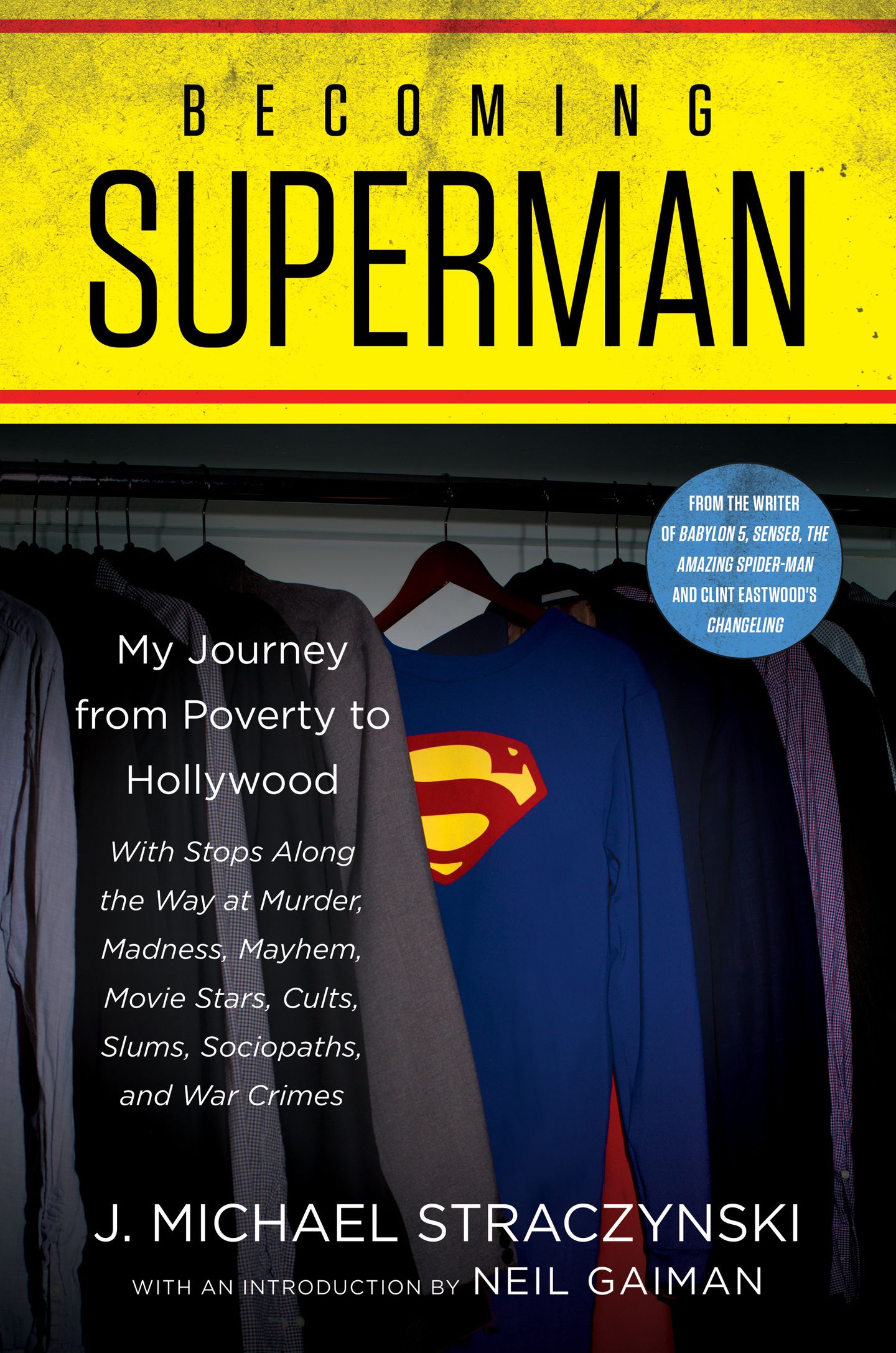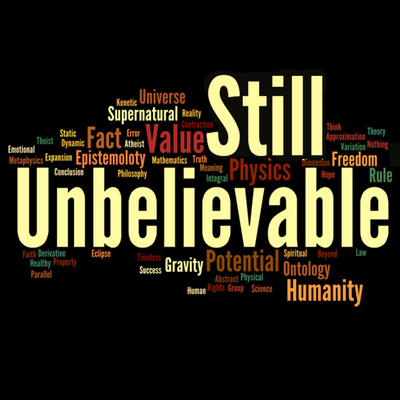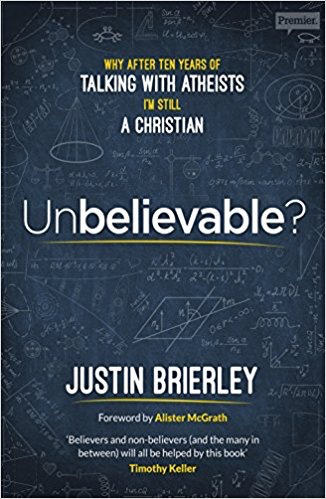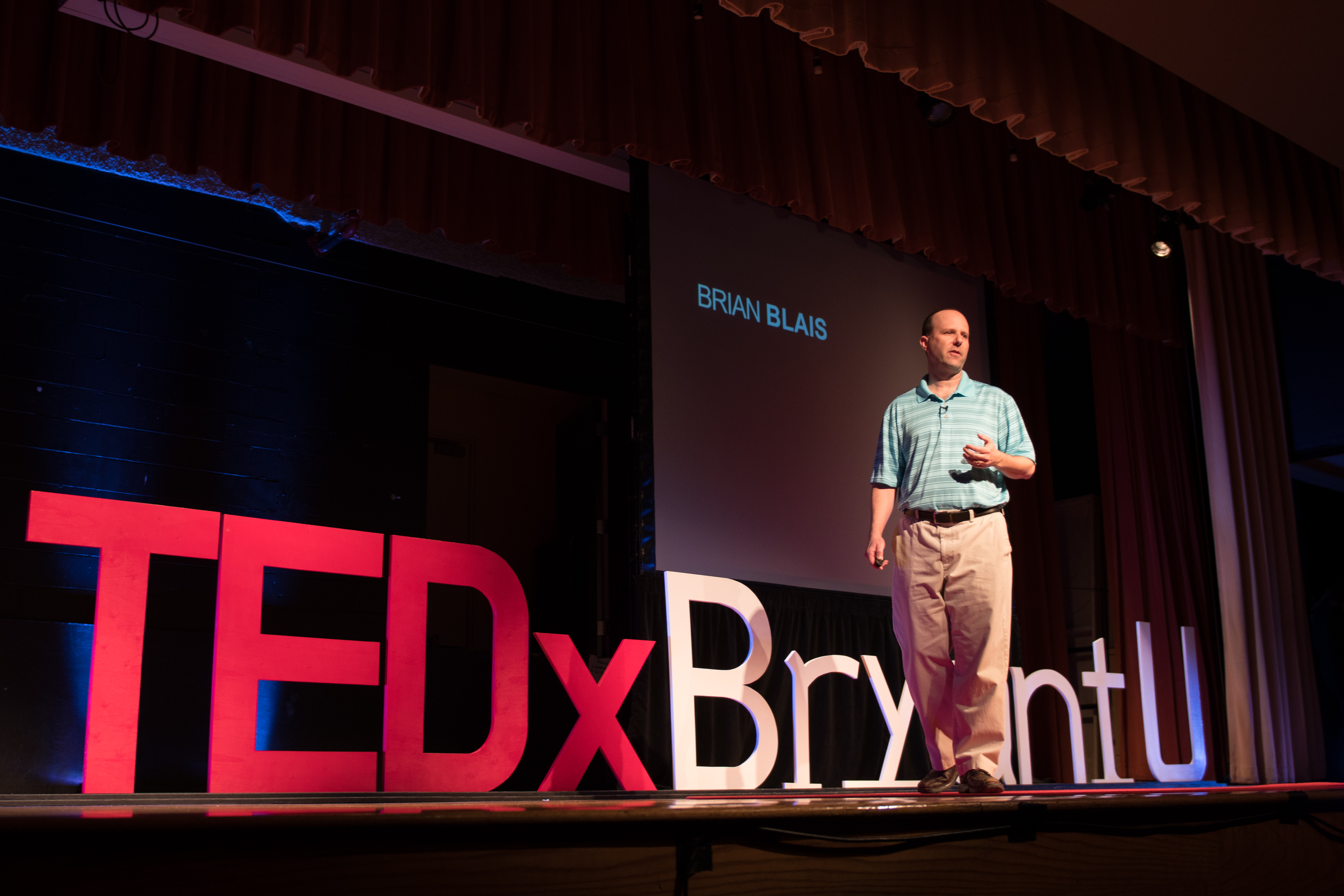Books
Books that I have written.
Books that I have written.
Podcasts and Videos in which I have appeared or which I have created.
Dynamical systems simulation in Python. Includes both continuous and stochastic simulation.
An introductory stats book from a Bayesian perspective, including Python software.

In this episode, Andrew and Matthew invite myself and Prof. Philip Goff to discuss Panpsychism. What is it, why should we take it seriously and can we test it? I …
#media

I find it hard to overestimate the positive effect J. Michael Straczynski (or jms) has had on me. My first introduction to him was in the TV series Babylon 5 …
#articles

In a recent discussion about the use of probability in a religious context I saw another poor job of a calculation of the Resurrection (I had read several others that …
#religion

In this discussion/debate, I talk with Travis Dickinson about the concept of faith. Travis is the author of "Stand Firm: Apologetics and the Brilliance of the Gospel" and says …
#media

From the trivial to the monumental our decisions are governed by – or should be governed by – rational thought. This book explores the role of rational thought as described by the …
#books

When I first learned probability, I thought it was all about math and counting. Then E. T. Jaynes showed me that probability forms the foundation of rationality itself. Remarkably very …
#math

In this episode I join Andrew and Matthew to discuss The Fine Tuning Argument, The Second Law of Thermodynamics, contingency, evidence for the Christian claim of a historical resurrection of …
#media

People who externalize the creative influence with a genie or muse easily explain why they can be amazingly creative at one moment and be stuck in the next — the muse simply is not there. Given that humans are inherently story-driven beings there is some value in the short-hand of describing this "other" as an external agent, an effect outside of our immediate control.
#articles

I was reminded of the Gambler's Fallacy in a recent post by Stephen Novella and thought of a twist on the fallacy that makes it a bit more subtle. The …
#math

As I finished this review it became apparent that there are two main audiences for what I wrote - those that have yet to read the book …
#religion

Here's a straightforward problem from Quora - probably found in a textbook - but I try to find a new direction to make it more interesting.
If there is a 25% chance …
#math

Describe dynamical systems in terms of the differential equations without having to write the coding loops or functions. Easily plot the changes in the variables, show phase plots, and vector …
#projects

Have a statistics question or project? I'd love to hear from you! One of my goals is to bring statistical reasoning to everyone, both as a general framework for rational …
#books

Simulate biologically derived neural networks of medium complexity - both rate- and spike-based models. Explore the dynamics of synaptic plasticity under different input environments, including low-dimensional vector environments and natural image …
#books

This video is part of the Bryant Faculty Spotlight series. In this episode I speaks about his book Statistical Inference for Everyone, an open textbook that approaches introductory statistical inference …
#media

In his talk about the limitations of science, Rupert Sheldrake lists the "10 dogmas of modern science" (also listed here in text http://wariscrime.com/new/the-ten-dogmas-of-modern-science/). They are:
- Everything …
#science

Here are some notes about time management that I found useful from this article:
#productivity

I've reproduced below Sam Harris' incredible example of interpreting texts. Harris brought this up at the end of a long podcast with Peterson, but didn't press Peterson on it.
Make …
#religion

Although I am not in software development, and I don't work in a lot of teams, I have recently read the book Scrum: The Art of Doing Twice the Work …
#productivity

Here is my TEDxBryantU talk on Skepticism, Probability, and the Guide to Proper Thinking! Even useful for analyzing broken clocks.
#critical thinking

In the Unbelievable podcast episode 27 Oct 2007 - Top reasons for belief there is a discussion about good arguments for God. Two questions were raised as evidence for God that …
#religion